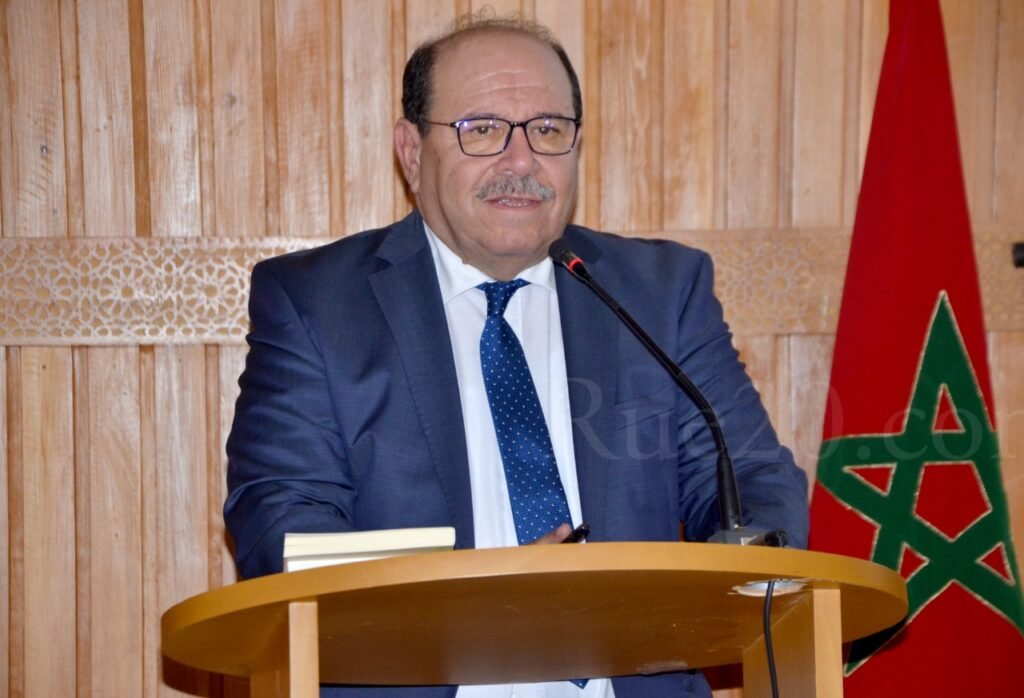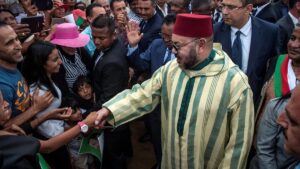Celebrating the Prophet's Birthday in Morocco: Historical Roots and Cultural Significance
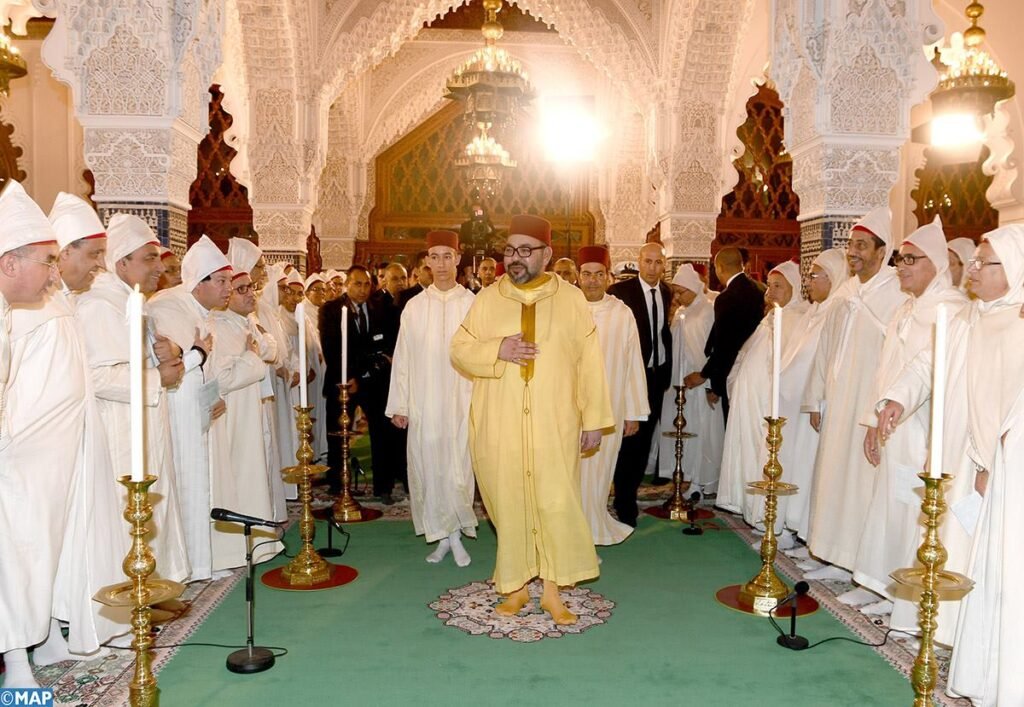
Dr. Abdullah Boussouf (Historian, Secretary General of the Council of the Moroccan Community Abroad)
The Prophet's birthday is one of the most prominent religious occasions that Moroccans have celebrated for centuries. It has acquired a special social and cultural character, combining expressions of love for the Prophet (peace and blessings be upon him) and his pure family with the preservation of the unique Moroccan identity within the framework of comprehensive Islamic traditions. Under successive Islamic states, Morocco has witnessed various manifestations of this celebration. However, the Azfi family in Ceuta, particularly Judge Abu al-Abbas al-Azfi (d. 633 AH/1236 CE), was the first to establish regular rituals to commemorate this occasion. Al-Azfi authored a book entitled "The Manufactured Pearls of the Great Prophet's Birthday," in which he called for commemorating the Prophet's birthday as an educational and cultural alternative for Muslims who watched Christians celebrate the birth of Jesus. Since then, celebrating the birth has become a means of consolidating religious and cultural identity and renewing the expression of connection to the fragrant biography of the Prophet.
This occasion has been associated in Moroccan popular memory with profound symbolic and social connotations. One childhood image preserved in some regions, particularly in the Rif, is that Moroccans would celebrate the Prophet's birthday as if welcoming a newborn into the home. Women would raise flags made of the most precious fabrics, such as foulards or sabnia, from the roofs of their houses, and prepare special foods typically offered to newlyweds, as a symbolic sign of the arrival of the greatest child. Families also customarily slaughtered a rooster or prepared a dish of couscous, and children would wear new clothes, reflecting the spontaneous and poignant integration of religion into the details of Moroccan daily life.
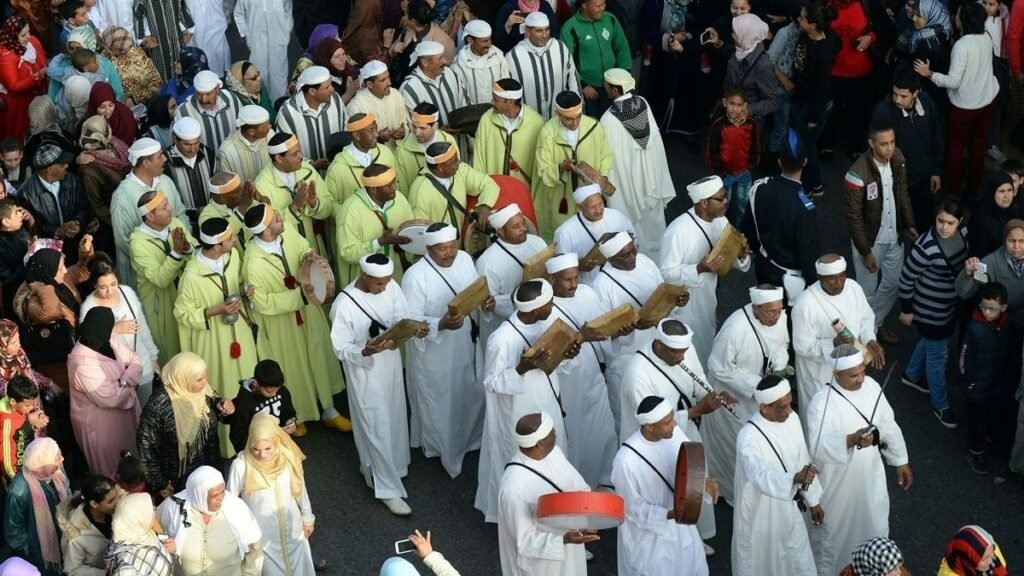
The matter did not stop at domestic rituals. Moroccans innovated in producing diverse cultural and spiritual forms to express their love for the Prophet (peace and blessings be upon him), whether through eulogies of the Prophet, popular festivals, proverbs, and the colloquial and Amazigh languages, which are rich in religious expressions with moral and spiritual connotations. This cultural accumulation has made the Prophet's birthday a natural social event, viewed not as an additional holiday to the religious ones, but rather as an integral part of the cultural memory and an element of social cohesion for the Moroccan people.
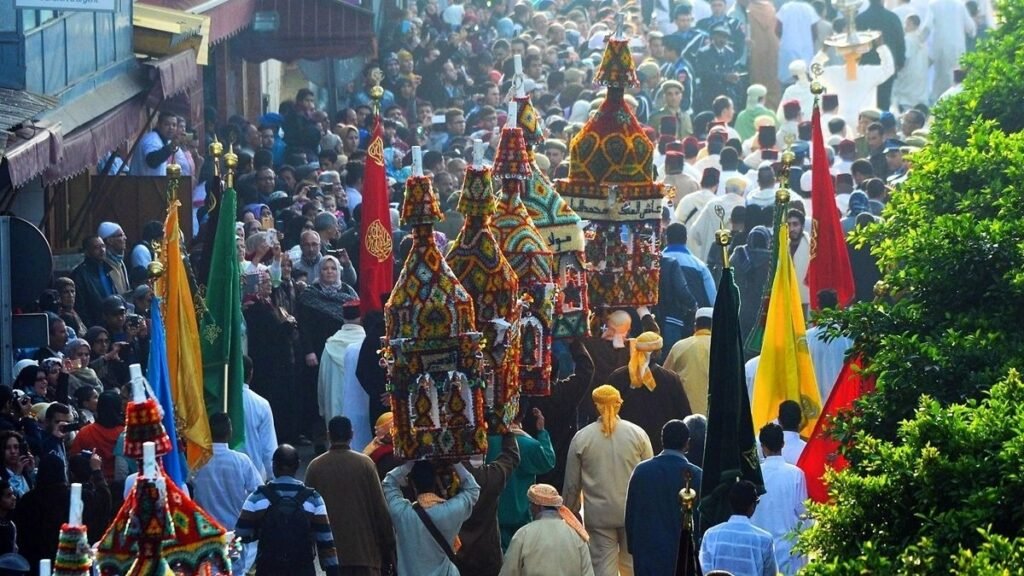
Although some Islamic jurisprudence (fiqh) movements consider the celebration of the Prophet's birthday a form of heresy, such a position neglects to understand the historical and social context that gave rise to this practice. Moroccans have never viewed the birthday as a new religious holiday equivalent to Eid al-Fitr or Eid al-Adha. Rather, they view it as an occasion to revive Islamic values and instill love for the Prophet and his pure family. Therefore, any fiqh ruling that does not take into account these historical and cultural dimensions falls short of understanding the phenomenon in its depth.
Celebrating the Prophet's birthday in Morocco is not an isolated ritual practice, but rather a cultural manifestation that reflects Moroccan society's engagement with its religion, history, and culture. It expresses a sincere love for the Prophet (peace and blessings be upon him) and highlights Moroccans' ability to transform religious occasions into spaces for social cohesion and cultural expression. Hence, it can be said that understanding this phenomenon requires transcending narrow normative judgments and recognizing the specificities of Moroccan identity, which has succeeded in integrating religion into the details of daily life in a unique way, blending authenticity and innovation and making love for the Prophet (peace and blessings be upon him) a moral and cultural lever within society.
